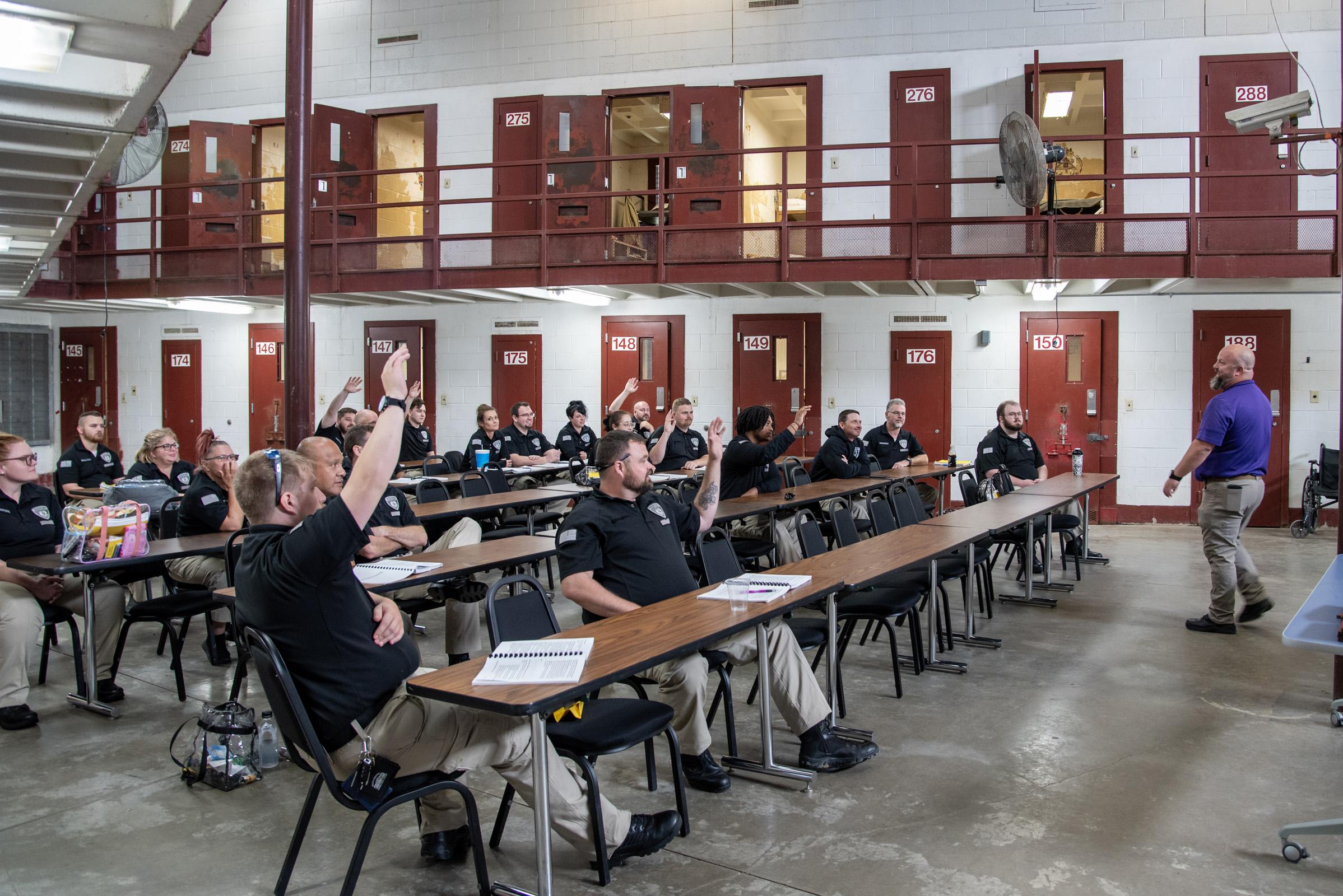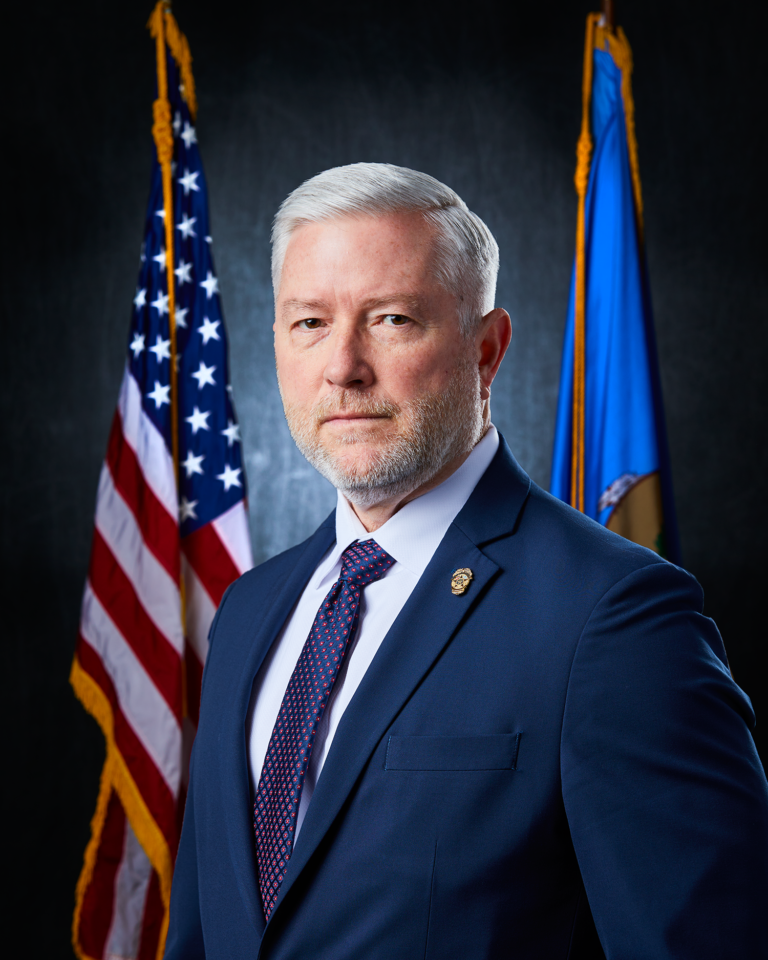Ensuring Operational Excellence by Training Future Corrections Leaders

Photo: Leadership training is about building leaders who can think critically, act ethically and lead with both authority and empathy. | Photo Credit: Garry Brix, Missouri Department of Corrections
By Gary York
In today’s ever-changing corrections environment, effective leadership is more critical than ever. Corrections officials face complex challenges, from ensuring the safety and security of everyone behind the razor wire to supporting staff health and wellness, promoting good ethical behavior, developing staff retention practices and fostering a positive organizational culture — all of which can be supported in part by robust training.
Training our future leaders is not just passing the promotional examination and sewing on a leadership stripe onto a uniform. Leadership training is about building leaders who can think critically, act ethically and lead with both authority and empathy, and it has proven benefits. Our future leaders will be the mentors for our frontline staff and training them effectively will strengthen our workforce. Now is the time to act, our future leaders are among us, it is our duty to train them properly.
Effective Justice and Corrections Leadership
A good leader will lead with inspiration and motivation, empathy and understanding, make good ethical decisions, listen and respond, encourage and praise and not be ashamed to ask officers for help or advice. A good leader will not micro-manage and learns from history on how to make positive changes.
Transformational Leadership
Transformational leadership works well in today’s correctional environment as it encourages innovation and shared goals, inspires and empowers the team, and fosters a sense of ownership and commitment among all. Transformational leaders allow staff to learn from their mistakes. Leaders who provide staff with a vision and communicate that vision to staff build on teamwork. A transformational leader invites feedback, listens and helps staff to reach their full potential. Assigning tasks for staff enables them to learn and be a part of positive organizational development. Being an open-minded and supportive leader creates the same in return; positive staff who are willing to work with and not against the organization. In this dynamic, the leader’s authority shifts from position of rank-power to a position of authority based on trust and respect earned through vision, integrity and the ability to empower others.
Generational Leadership
This is an area of great importance to the future of correctional leadership as each generation brings unique skills and experience to the workforce. Today there are four generations in the correctional and justice workforce: the Baby Boomers of 1946-1964, Generation X, Generation Y and Generation Z. The Baby Boomers are at the end of their careers and leaving in large numbers, meaning many of the older supervisors are going to need replacements. Today’s leaders must be taught the different generational traits and understand how to provide support with different methods of engagement. This will involve focusing on their individual strengths, providing constant feedback, listening and patience. Creating cross generational interaction such as post assignments, training together and learning from each other will help break the ice. Survival of good leadership will depend on everyone working together.
Leadership Training Methods
One question asked frequently is “Where do we start with leadership training? The answer: We start with each other.
From the frontline staff to the top of the organizational chart, there is tons of experience and knowledge to pull from. This experience can feed into real-life scenario-based training. Pairing this hands-on approach with study and reading has been proven to increase retention and result in better application of knowledge.
Correctional agencies should also consider making some valuable courses available for present and future leaders. Trainings on line supervision and middle management as well as Certified Public Managers course administered through correctional agencies and/or universities and community colleges. These courses are available for all correctional officers at any level of their career.
The future of corrections depends on the leaders we prepare today. Corrections administrators have an obligation to shape the future by making leadership development a priority. Prioritizing leadership development is an investment in safer facilities. It fosters a more resilient workforce, and it provides a safer environment for the community. The future is ours to build and all eyes are on us to see how we in corrections react to this challenge. Let us serve our staff, the inmate population in our care and our community with “Pride in Service.”
Gary York is an author and U.S. Army veteran who has served in a number of roles within the justice and corrections system, including as senior prison inspector, conducting criminal, civil and administrative investigations within the Florida state prison system. He also served for nearly 12 years with the Polk County Sheriff’s office in Florida.






